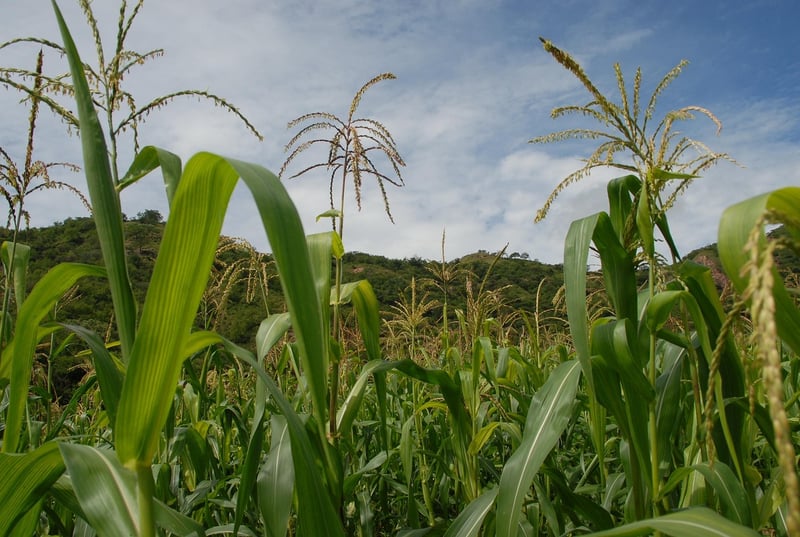Urban Agriculture
Revolutionize Agriculture with Vertical Farming in Urban Settings

Urban agriculture is on the rise, with vertical farming leading the way in innovative crop cultivation techniques. By utilizing vertical structures, farmers can maximize space efficiency, conserve resources, and produce high yields in urban settings.
Benefits of Vertical Farming:
- Optimal Use of Space: Vertical farming allows crops to be grown in stacked layers, making efficient use of limited urban space.
- Resource Efficiency: By using hydroponic or aeroponic systems, vertical farms reduce water usage and eliminate the need for soil, pesticides, and herbicides.
- Year-Round Production: Controlled environments in vertical farms enable year-round cultivation, independent of weather conditions.
- Reduced Food Miles: Locating farms in urban areas reduces the distance food needs to travel, resulting in fresher produce and lower carbon emissions.
- Biodiversity Conservation: Vertical farms can help preserve natural habitats by reducing the need for large-scale traditional agriculture.
Methods for Vertical Crop Cultivation:
Several innovative techniques are employed in vertical farming to ensure successful crop growth:
- Hydroponics: Growing plants in nutrient-rich water without soil, allowing for faster growth and higher yields.
- Aeroponics: Misting plant roots with nutrient solutions, promoting efficient nutrient absorption and water conservation.
- Vertical Aeroponic Tower: Plants are stacked in vertical towers with roots exposed, receiving water and nutrients through a fine mist.
- LED Lighting: Providing specific light spectrums to optimize plant growth and energy efficiency.
Challenges and Future Prospects:
While vertical farming offers numerous advantages, challenges such as high initial investment costs and energy consumption need to be addressed. However, ongoing technological advancements hold promise for the widespread adoption of vertical farming in urban agriculture.
Embrace the future of agriculture with vertical farming and contribute to sustainable food production in urban environments!
References:
1. Vertical Farming: An innovative approach to urban agriculture
